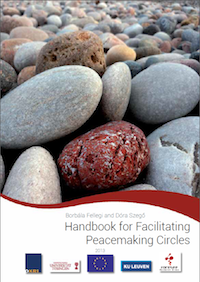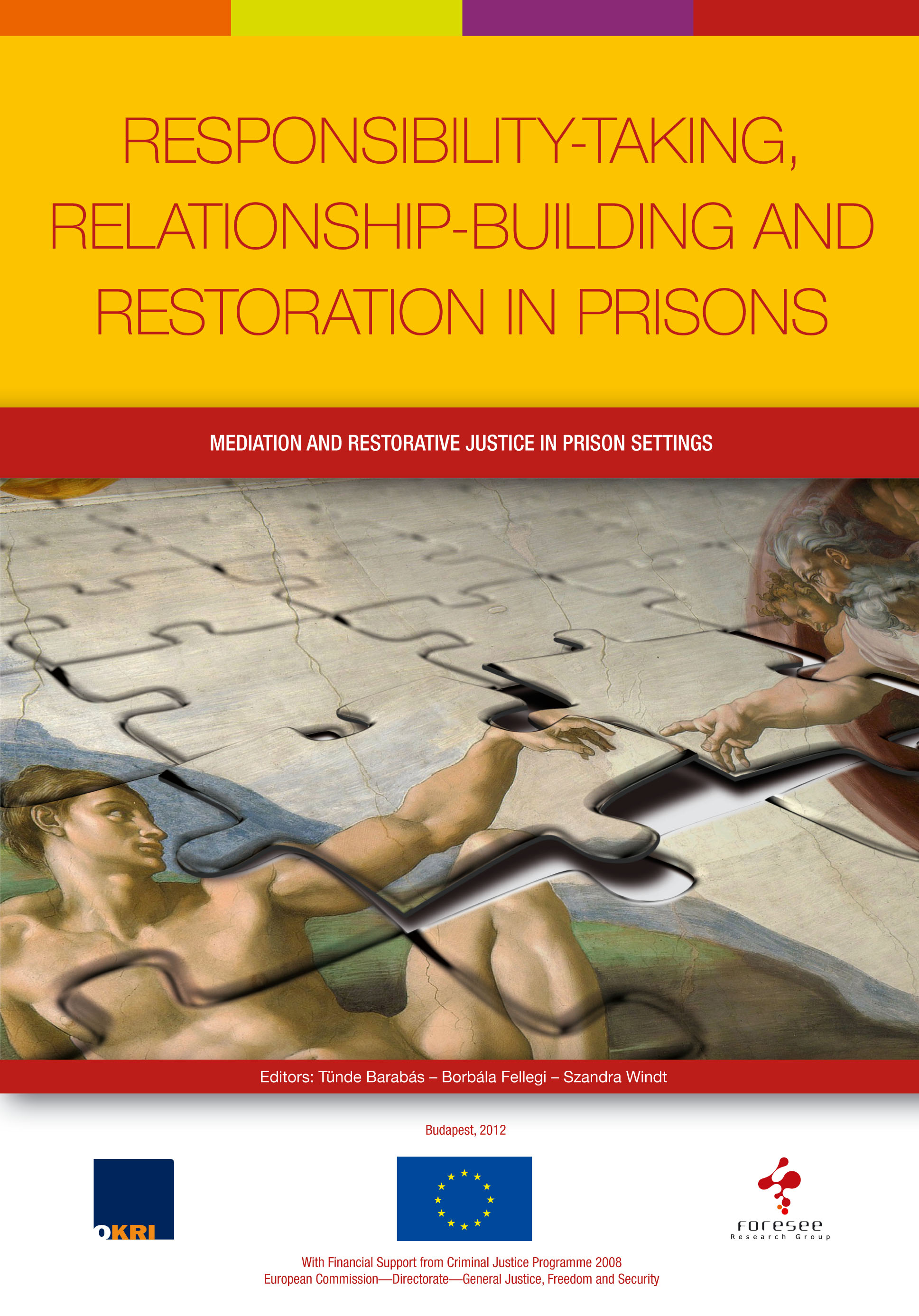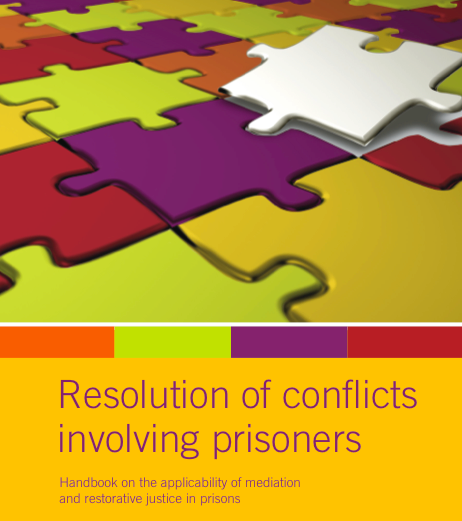The event hosted 17 practitioners from Germany, Denmark, Finland, Sweden, Norway, England and Hungary for two days. Foresee Research Group was represented by Zsuzsanna Z. Papp. On the first day of the meeting, practitioners worked on ’RAN Derad Declaration of Good Practice’, a draft document that has been created to sum up the conclusions of the four years of operation of the Derad Working Group and to state the principles and ethos shared by practitioners working in the field. The document gave a good ground for inspirational conversations and exchange of ideas among participants and their views on good practices. On the second day, participants continued to introduce their work and area of expertise to other members in a new way. Presenters were asked to bring case studies from their own practice and participants had the chance to discuss and reflect on them while learning about the organisations and their methods.
Danish Jesper Holme and German Silke Baer gave us insights in the field of youthwork, while Norwegian Andreas Nelson gave a law enforcement perspective on two cases. A talk on how adventure therapy is used in drug addiction rehabilitation was given by Hungarian Tímea Kiss-Lukasik. Ola Saleh, Syrian-Swedish researcher and field practitioner talked about the importance of gender in violent extremism and Swedish Hakan Jarva introduced us to the neuro- and social psychology of cults. Finnish mediator, Miriam Attias talked about their restorative practices in multicultural communities through a fishy case. She was joined by Zsuzsanna Z. Papp, on behalf of Foresee Research Group, to discuss the possibilities of restorative justice practices in the field of deradicalisation. Later on, she also gave insights to the Hungarian local context. The conversations were just as vivid as streets and ruinpubs of the city that participants explored with a bit of guidance of the aforementioned, high-spirited Foresee volunteer.














No comments